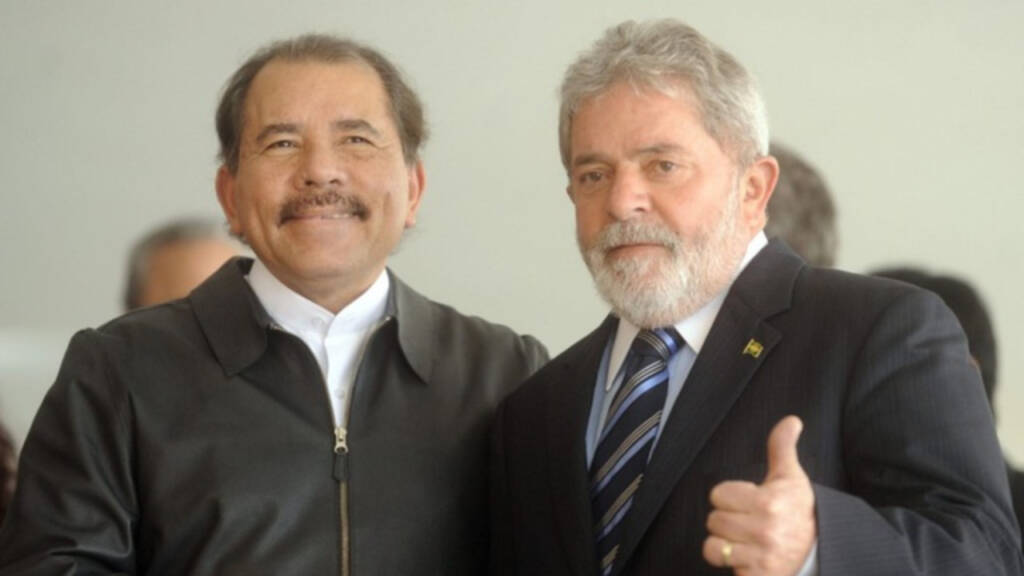In the first week of March, the Brazilian government refused to sign an anti-Nicaragua interventionist declaration. Brazil didn’t join the fifty or more countries that issued a joint declaration condemning the wrongdoings of Daniel Ortega and remained quiet in the face of allegations against him at the UN Human Rights Council.
This lack of involvement from Itamaraty i.e., Brazilian foreign ministry was observed by other Latin American countries and other nations around the globe.
The UN Declaration
The joint declaration was signed by traditional Western powers like the USA, Australia, Canada, Germany and France, as well as by leftist governments in Latin America such as Chile, Colombia, Peru, Guatemala, Paraguay and Ecuador. Gabriel Boric, a Chilean progressive leader, referred to Ortega as a “dictator” when signing the document.
The UN investigators determined that the Ortega regime had committed atrocities against humanity and that the Nicaraguan government was responsible for violations of human rights that could be considered crimes against humanity, done for political purposes. The UN requested that the global community enact sanctions against the entities or people linked to these offences.
Read More: Ecuador’s Guillermo Lasso is now on dissent hunting
The Nicaraguan government has come under fire after it revoked the citizenship of 222 people and expelled them from the country, alleging they were “traitors to the homeland”. In the same month, the Appeal Court of Managua also declared 94 people, both within and outside of Nicaragua, traitors and ordered their citizenship to be revoked and their assets to be confiscated by the State.
Brazil’s Plan
Despite the alleged human rights abuses and violations of the Daniel Ortega regime in Nicaragua, the Brazilian government still wishes to open up channels of communication with them.
The Brazilian government proposed a new language that would maintain space for dialogue. However, their suggestion was not approved and the nation decided not to follow the document, which was deemed inadequate.
Lula’s party in the past has appreciated Nicaragua’s elections calling them a “great display of democracy”. Lula has also refused to term Ortega a dictator. He dodged all of Bolsonaro’s lures about Nicaragua throughout the campaign.
Lula realises these are tactics by Western nations to pressurise a Latin American country. He was criticized by the EU’s ambassador for his stance on Nicaragua and Latin America.
Read More: Nicaragua Stands Firm Against US-backed Destabilization and UN Propaganda
Brazil’s rejection of the UN’s attempt to impose sanctions on Nicaragua is a testament to the country’s commitment to promoting peace and stability in the region. The country’s neutrality has allowed it to maintain its relationships with both Nicaragua and the countries that supported the resolution.
In addition, Brazil’s stance is seen as a sign of its support for the Nicaraguan people and their right to self-determination. By rejecting the resolution, Brazil has sent a strong message that it does not support the use of sanctions to address human rights issues.
Ultimately, Brazil’s rejection of the UN’s resolution is a reflection of its commitment to promoting the rule of law and protecting the rights of the Nicaraguan people. The country’s stance is a reminder that the UN should not be used as a tool to punish countries that are facing political unrest. Instead, the UN should focus on finding peaceful solutions to the political crisis in Nicaragua.
